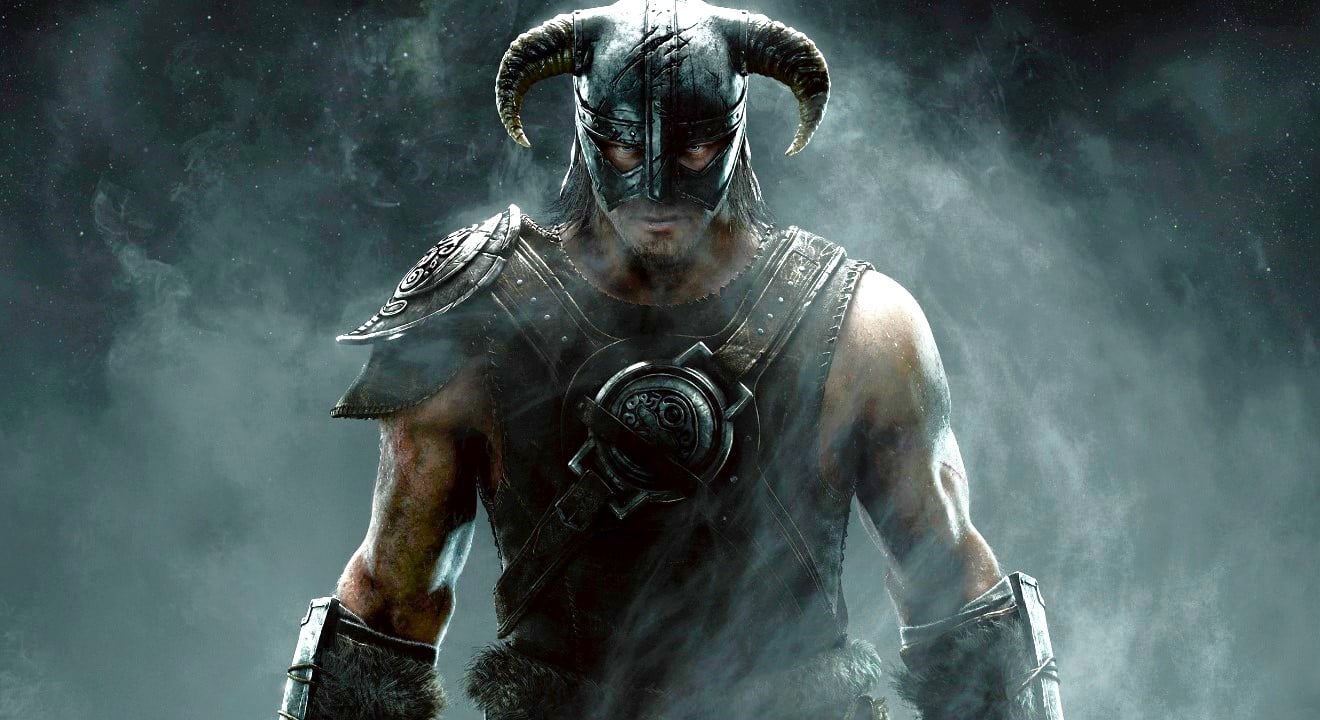0 Comments
0 Shares
0 Views

Directory
Elevate your Sngine platform to new levels with plugins from YubNub Digital Media!
-
Please log in to like, share and comment!
-
 WWW.GAMEBLOG.FRVous adorez Skyrim ? Ce nouveau jeu gratuit et franais devrait vous plaireVous en avez marre de jouer en boucle Skyrim ? Dans ce cas, vous devriez essayer ce nouveau MMORPG prometteur et jouable gratuitement sur Steam.0 Comments 0 Shares 0 Views
WWW.GAMEBLOG.FRVous adorez Skyrim ? Ce nouveau jeu gratuit et franais devrait vous plaireVous en avez marre de jouer en boucle Skyrim ? Dans ce cas, vous devriez essayer ce nouveau MMORPG prometteur et jouable gratuitement sur Steam.0 Comments 0 Shares 0 Views -
 WWW.GAMETRIP.NETSaint-Valentin: notre Top 7 des jeux avec de l'amour dedansCest la Saint-Valentin! Les fleuristes et chocolatiers se frottent les mains, les restaurants vont faire le plein et les vendeurs de roses ambulants se prparent une grosse soire. GameTrip aime l'amour et le partage et vous propose ce classement des sept jeux avec de l'amour, d'une manire ou d'une autre. XOXO0 Comments 0 Shares 0 Views
WWW.GAMETRIP.NETSaint-Valentin: notre Top 7 des jeux avec de l'amour dedansCest la Saint-Valentin! Les fleuristes et chocolatiers se frottent les mains, les restaurants vont faire le plein et les vendeurs de roses ambulants se prparent une grosse soire. GameTrip aime l'amour et le partage et vous propose ce classement des sept jeux avec de l'amour, d'une manire ou d'une autre. XOXO0 Comments 0 Shares 0 Views -
Forget Soy Sauce. Try This Less Salty Substitute InsteadForget Soy Sauce. Try This Less Salty Substitute Instead...0 Comments 0 Shares 1 Views
-
 YUBNUB.NEWSOlympic Athletes Criticism of America, Fueled by Hostile International Press, Is Unpatriotic2026 The New York Sun Company, LLC. All rights reserved.Use of this site constitutes acceptance of our Terms of Use and Privacy Policy. The material on this site is protected by copyright law and may0 Comments 0 Shares 0 Views
YUBNUB.NEWSOlympic Athletes Criticism of America, Fueled by Hostile International Press, Is Unpatriotic2026 The New York Sun Company, LLC. All rights reserved.Use of this site constitutes acceptance of our Terms of Use and Privacy Policy. The material on this site is protected by copyright law and may0 Comments 0 Shares 0 Views -
 YUBNUB.NEWSWhy Mamdanis Free Buses Will Be Costly2026 The New York Sun Company, LLC. All rights reserved.Use of this site constitutes acceptance of our Terms of Use and Privacy Policy. The material on this site is protected by copyright law and may0 Comments 0 Shares 0 Views
YUBNUB.NEWSWhy Mamdanis Free Buses Will Be Costly2026 The New York Sun Company, LLC. All rights reserved.Use of this site constitutes acceptance of our Terms of Use and Privacy Policy. The material on this site is protected by copyright law and may0 Comments 0 Shares 0 Views -
 WWW.LIVESCIENCE.COMWhat are ghost lineages, remnants of the past that still exist in our DNA today?Ghost lineages reveal themselves through ancient genes that still exist in living beings today.0 Comments 0 Shares 0 Views
WWW.LIVESCIENCE.COMWhat are ghost lineages, remnants of the past that still exist in our DNA today?Ghost lineages reveal themselves through ancient genes that still exist in living beings today.0 Comments 0 Shares 0 Views -
Diablo 4 has been outgunned by Path of Exile 2 and Last Epoch. Lord of Hatred proves Blizzard wants to catch up.Diablo 4 has been outgunned by Path of Exile 2 and Last Epoch. Lord of Hatred proves Blizzard wants to catch up. Diablo 4 will never be Path of Exile 2, and I wouldn't want it to be. All of the major ARPGs bring something different to the table right now, and that variety has kept me cycling between them. Blizzard's offering has fallen gradually further behind its rivals, however,...0 Comments 0 Shares 0 Views
-
 WWW.IFLSCIENCE.COMAll The Times The US Accidentally Dropped A Nuclear Weapon On ItselfWith great power, comes great... uh... never mind.0 Comments 0 Shares 0 Views
WWW.IFLSCIENCE.COMAll The Times The US Accidentally Dropped A Nuclear Weapon On ItselfWith great power, comes great... uh... never mind.0 Comments 0 Shares 0 Views -
 WWW.IFLSCIENCE.COMCuriosity May Have Found Second-Best Proof That Mars Once Had Life, These Scraps Of Elk Hide May Be Oldest Sewn Clothing, And Much More This WeekAll the biggest science news stories of the week.0 Comments 0 Shares 0 Views
WWW.IFLSCIENCE.COMCuriosity May Have Found Second-Best Proof That Mars Once Had Life, These Scraps Of Elk Hide May Be Oldest Sewn Clothing, And Much More This WeekAll the biggest science news stories of the week.0 Comments 0 Shares 0 Views



